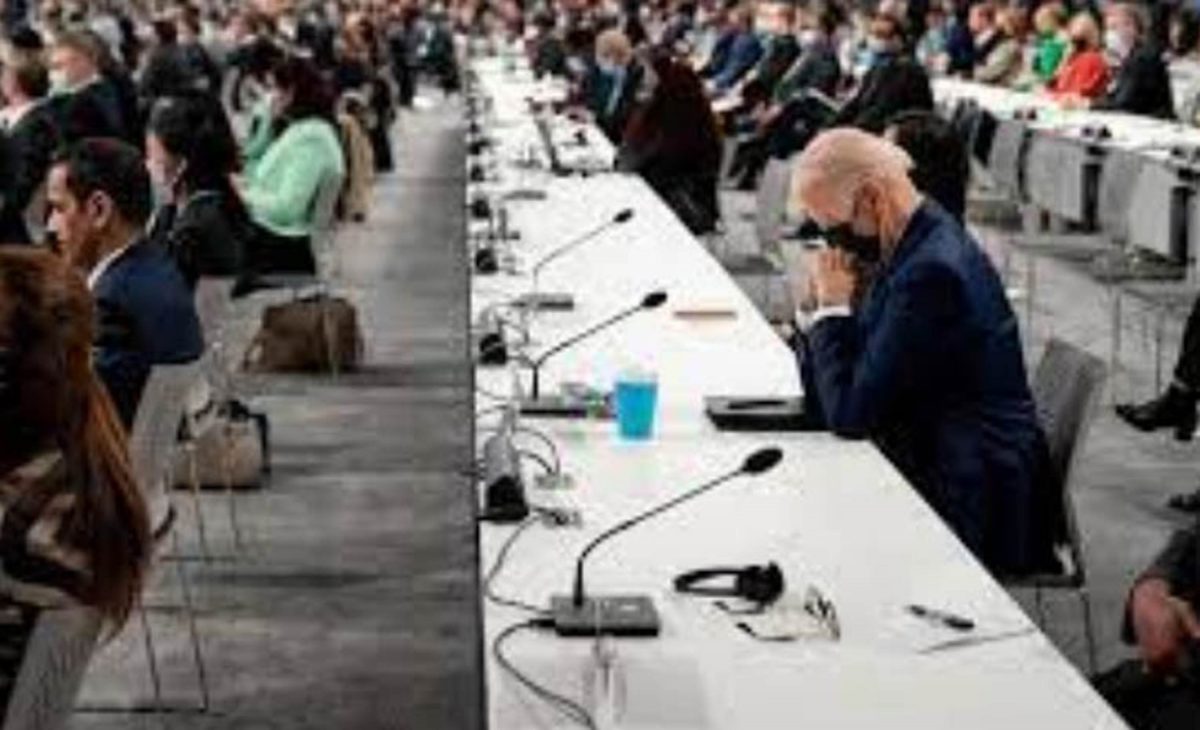With the high-profile Glasgow Climate Conference only just behind us, already existing differences between rich and poor countries would appear to be hardening over just what approach should be taken to reducing carbon emissions which scientists say is pushing the world in the direction of a climate crisis.
One of the focal points of the disagreement has to with the timing of what has become an increasingly aggressive global lobby for significantly reduced levels of oil and gas recovery in order to push back the speed of global warming. While the greater numbers of climate lobbyists reside in developed countries, poor, underdeveloped countries that are looking to oil and gas revenues to enhance their economies are beginning to express increasing resentment over the fact that pressures associated with reduced levels of oil recovery could torpedo their efforts to salvage what, in many instances, are poverty-ravaged economies.
One of the clearest examples of the ‘climate change division’ that has emerged in the wake of the recent Glasgow forum occurred in Cape Town, South Africa last week when oil ministers from across Africa who had gathered in South Africa’s second largest city to take part in events associated with Africa Energy Week were confronted by an animated ‘delegation’ of climate protestors.
Gathered on the waterfront for an event associated with the occasion, the oil ministers encountered the small but reportedly robust protests by environmental groups lobbying African nations to leave their oil in the ground and turn instead to renewables. The focus of the activists’ protest it would appear, revolved around a position that “the energy industry should spare Africans from the adverse health effects of burning fossil fuels, and insist on compensation from rich nations to help them do so.”
It appears, however, that rather simply ‘look the other way,’ as is so often the case in such instances, the assembled oil ministers, having gathered in the conference hall for their deliberations, used the forum to challenge the fairness of the position taken by the climate protestors. In the process they reportedly asserted that setting aside the fact that the continent accounts for around 3% of global emissions and, moreover, that their crude oil exports support a significant share of government budgets in poor countries, it was decidedly unfair to ask those countries to bear a disproportionate share, without significant support, the ‘burden’ associated with pushing back what is believed to be an impending global climate crisis.
African countries, including Uganda and Kenya which are reportedly on the brink of becoming first-time oil producers and are factoring in petroleum revenues into their development plans and whose oil ministers were part of the gathering, reportedly turned the event into one of the rich/poor debates of the 1970’s and 80’s, asserting that it was fundamentally unfair to ask poor countries saddled with all of the challenges of underdevelopment to now carry a disproportionate share of the burden for pushing back the climate change threat for which they have been only minimally responsible.
Some of the more vocal responses to the climate change protestors’ demonstrations reportedly came from the oil ministers of South Sudan and Namibia, the former insisting that while African countries were not averse to “renewables”, any transition would have to be “equitable and just.” His counterpart from Namibia pointed out that one in three Africans still lack electricity.




